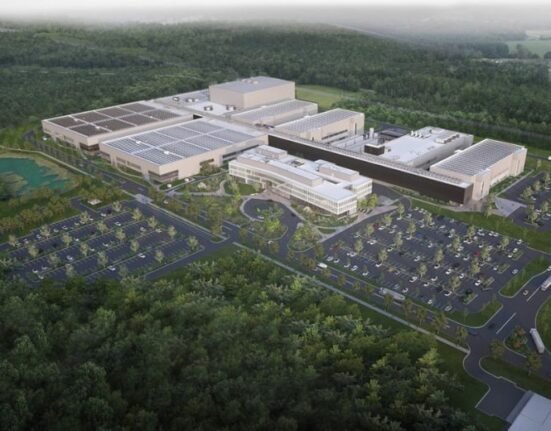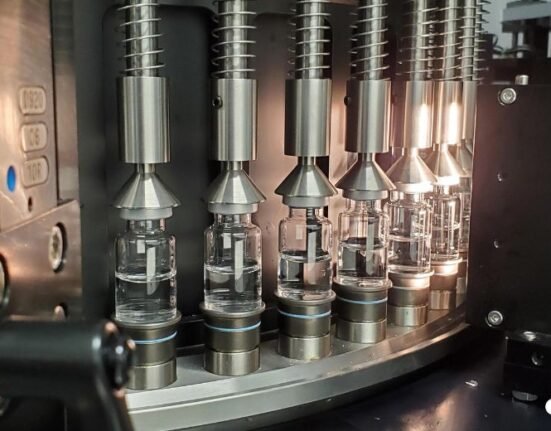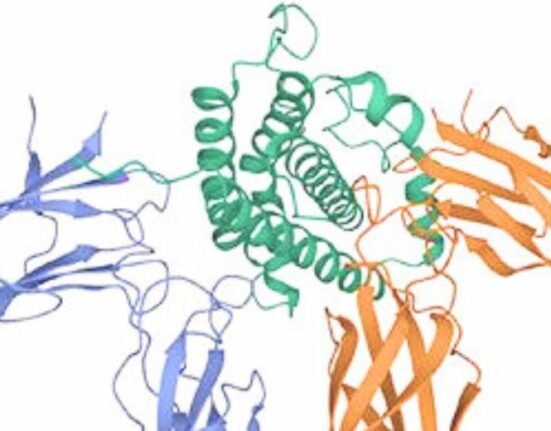HQ Team
September 21, 2023: US-based Pacific Northwest National Laboratory, Microsoft Corp., and Micron Technology have joined hands to make computational chemistry available to researchers and industrial users.
The project is part of a broad effort announced by the Department of Energy to quicken the technology transfer from fundamental research to innovation.
The TEC (Transferring Exascale Computational Chemistry to Cloud Computing Environment and Emerging Hardware Technologies) project can be scaled into products and capabilities, according to a statement.
Computational chemistry problems are complex but the payoffs are enormous. Understanding molecules in exceptional detail helps scientists address problems related to energy—for instance, developing better fuels or new molecules to grab and store carbon.
Chemistry is at the core of a process known as catalysis, which the world relies on to create fertilisers, medicines and a myriad of other materials.
$73 million in total
Earlier in September 2023, the DOE granted funds totalling $73 million for projects meant to reduce the time it takes for new findings in the laboratory to become relevant in everyday life.
The projects will be conducted with a focus on the innovation’s end application and commercialisation.
Led by PNNL, TEC aims to deliver computational chemistry as a service, also known as CCaaS. The two-year project is slated to receive up to $8 million from the DOE, supporting approximately 30 researchers.
The project aims to deliver significant advancements toward critical goals like sustainability, energy security and environmental stewardship.
“This will mark the democratization of access to high-performance computational chemistry capabilities,” said PNNL scientist Karol Kowalski, who leads the effort.
‘Ideas to action’
“There are many people with very good ideas, with their codes already written, and we intend to give them the resources they need to put their ideas into action.”
While researchers draw on computing power every day to study chemical processes, there are barriers.
One is a shortage of powerful yet cost- and energy-efficient computing facilities able to perform the trillions upon trillions of calculations needed to explore molecular interactions, such as electronic structures, in the detail needed.
TEC project will use a centralized Microsoft computer — Azure Quantum Elements, which features simulation workflows augmented by artificial intelligence.
“Innovations in chemistry and material science are estimated to have an impact on 96% of all manufactured goods, which impact 100% of humanity,” said Matthias Troyer, technical fellow and corporate vice president of Microsoft Azure Quantum.
Chemistry as a service
The goal of the project is to bring computational chemistry as a service to a significantly broader group of researchers and practitioners—something that has never been done before at this scale.
TEC will put the capability of crunching immense chemistry calculations into more hands and speed scientists’ ability to move their ideas from the laboratory to the real world, according to the statement.
Right now that sort of power exists only in a handful of places—a bottleneck for an ever-increasing queue of scientists with good ideas waiting for an opportunity to access those facilities.
Distributing the problems to collections of already-existing powerful machines equipped with the latest computing technology sidesteps these bottlenecks and gives scientists access to powerful tools that many assumed they could never access.
The project’s objectives include enabling machine-guided workflows and AI in the cloud, trained by high-accuracy methods for large-scale simulations — an area where Micron Technology steps in.
‘Bold project’
PNNL will be using Micron’s expansion modules based on the Compute Express Link interface. These expansion modules will give researchers the flexibility to scale memory as required by computational chemistry workloads—allowing more data to be processed more quickly by supporting the dynamic allocation of additional memory on an as-needed basis.
“Memory continues to be a bottleneck in data-intensive research projects where trillions of calculations are needed,” said Balint Fleischer, senior director of Near Data Computing at Micron.
How that data is packaged, presented, and transferred continuously, and then brought together from far-flung sites to solve a complex problem will put the team to the test.
“It’s a bold project,” said Kowalski. “Distributing complex computational processes across machines in the cloud to this degree is a new kind of high-performance computing that has not been attempted before.”








